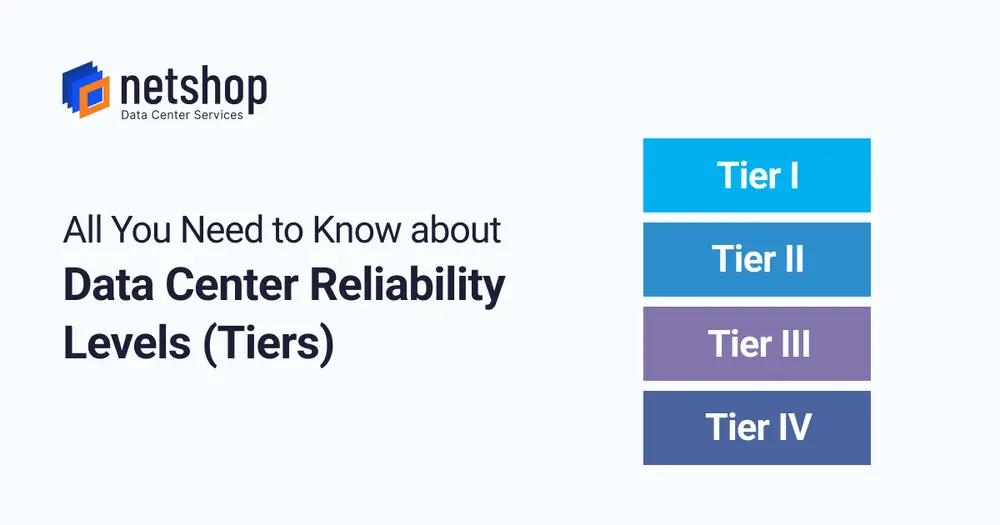New anti-money laundering (AML) legislation in Philippines will now include online gambling sites licensed in the country. A bill mandating casinos to report all the suspicious transactions to AML Council has been proposed in the House of Representatives.
Earlier this year Rep. Feliciano Belmonte Jr. proposed a plan to introduce a new legislation (HB 14) that would revoke the exemption casinos received under Philippines Anti-Money Laundering Act of 2001.
According to the Manila Times, Belmonte included online gambling sites in the list of gaming operators that must report all suspicious transactions to the AML Council, regardless of the amount involved.
Money laundering is defined as “a crime whereby the proceeds of an unlawful activity are transacted, thereby making them appear to have originated from legitimate sources.”
The bill states that regardless the amount involved, suspicious transactions exist when an operator knows, suspects or has reason to suspect, or should have known by due diligence that the transaction:
a) involves funds from an unlawful activity or money laundering offence; b) is designed to evade any of the requirements under the Anti-Money Laundering Law; c) has no business or apparent lawful purpose or is not sort in which the particular customer would normally be expected to engage and the casino operator or any of its employees knows of no reasonable explanation for the transaction after examining facts and background of possible purpose of transaction; and d) involves the use of casinos to facilitate unlawful activity money laundering and terrorist financing.
The new requirement will apply to all Philippine-based online operators. All the operators licensed either under the Cagayan Economic Zone Authority or via the Philippine Amusement and Gaming Corporation (PAGCOR) will fall under the same requirements.
HB 14 will also grant the Anti-Money Laundering Council the power to conduct on-site inspection of records and documents, as well as examine any particular account that is deemed related to any unlawful activity or money laundering or financing of terrorism offence.
“The significance of including the casino sector under the coverage of the Anti-Money Laundering Law was underscored by the Bangladesh Bank heist. The funds entered the Philippine banking system and made their way to local casinos and junket operators, where the money was reportedly laundered and transferred overseas,” Belmonte commented on the decision in his Explanatory Note.





















